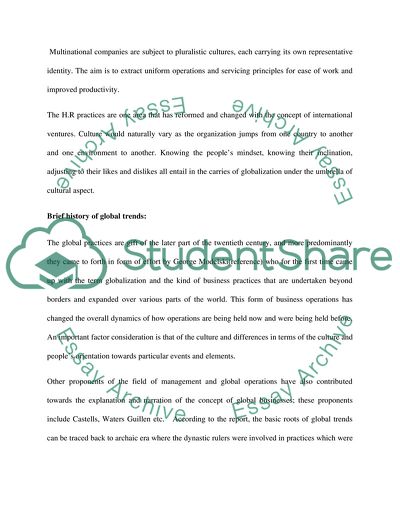Cite this document
(Culture and the International Context Research Paper, n.d.)
Culture and the International Context Research Paper. Retrieved from https://studentshare.org/human-resources/1800420-culture-and-the-international-context
Culture and the International Context Research Paper. Retrieved from https://studentshare.org/human-resources/1800420-culture-and-the-international-context
(Culture and the International Context Research Paper)
Culture and the International Context Research Paper. https://studentshare.org/human-resources/1800420-culture-and-the-international-context.
Culture and the International Context Research Paper. https://studentshare.org/human-resources/1800420-culture-and-the-international-context.
“Culture and the International Context Research Paper”, n.d. https://studentshare.org/human-resources/1800420-culture-and-the-international-context.


